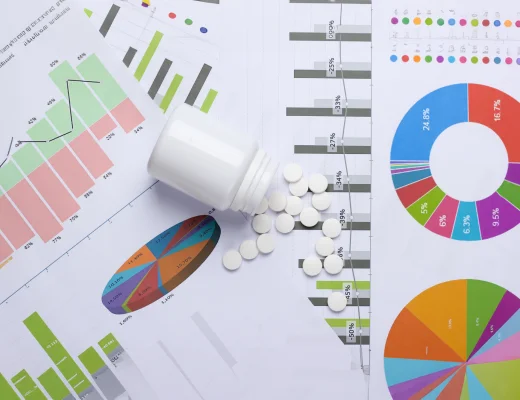
Mastering Innovation in Medtech
Unlocking Data Intelligence for Optimized Performance, Faster Product Development, and Enhanced Patient Outcomes
We drive real impact by transforming your business problems into measurable solutions
Predict the machinery downtime to avoid any disruptions and accumulate saved time and effort with planned downtime

Find the optimal balance between profitability and patient access to ensure long-term success of therapies.

Smarter, more resilient supply chain and manufacturing process to oversee everything from production to care.

A smarter, more connected supply chain and manufacturing process with data-driven insights and automation.

Optimize sales and marketing strategies for maximum impact in a complex healthcare landscape.

Elevate your MedTech operations with advanced analytics. Drive efficiency, ensure compliance, and optimize patient outcomes:

The dynamic medical device industry faces unique pressures - rigorous regulatory standards, rapid innovation cycles, and complex supply chains. Polestar Analytics empowers medical device manufacturers to navigate these challenges with specialized analytics and AI solutions.
We helped resolve some of the challenges faced by:
Our AI-powered demand forecasting models enables medical device manufacturers to optimize inventory levels, reduce stockouts, and align production schedules effectively. We provide in-depth supply chain mapping and visualization, identifying bottlenecks, dependencies, and single points of failure. Real-time tracking and analytics offer visibility into materials movement and order statuses to mitigate supply chain disruptions.
Polestar Analytics analyzes your data from adverse event reports, real-world usage, and social media to identify safety signals, performance anomalies, or emerging trends. Real-time monitoring of key performance indicators (KPIs) facilitates early detection of potential issues, prompting timely corrective actions or design improvements. Our accelerators enable teardowns of adverse events and root cause analysis, driving continuous improvement of medical device safety and efficacy.
We utilize real-world data from different sources to develop a virtual representation of the clinical trial setting through digital twin technology. Additonally, machine learning algorithms are used to examine this data to forecast how patients will respond, model trial situations, and anticipate potential risks. This results in improved effectiveness, lower expenses, and a greater rate of success for your clinical trials.
By analyzing sensor data to predict equipment failures and enable proactive maintenance, minimizing downtime. Data analysis helps identify trends in production defects, allowing for optimized quality control processes and reduced waste. Eventually, it optimizes inventory management, ensuring the right parts are available at the right time, streamlining logistics and reducing costs.